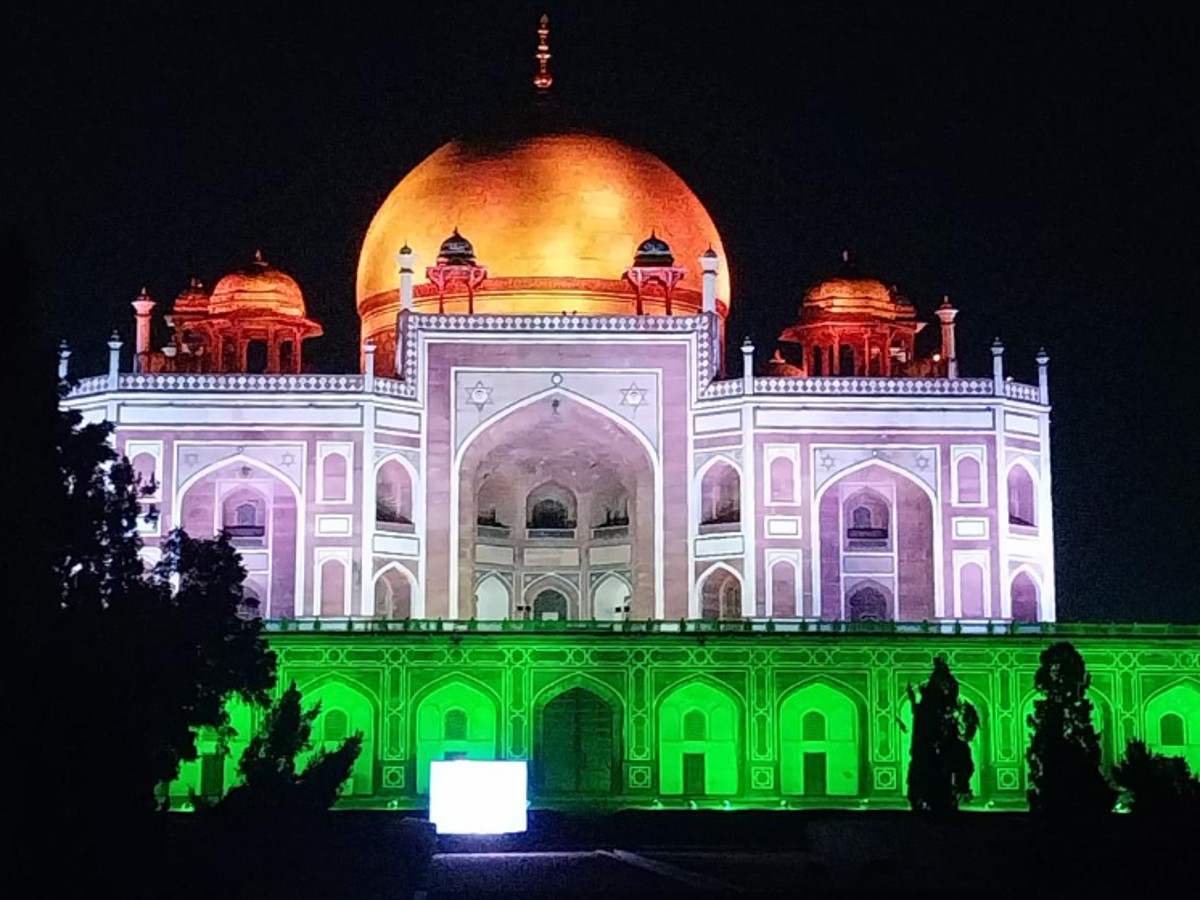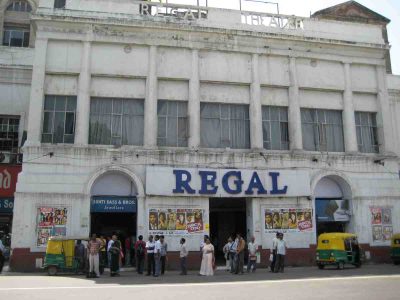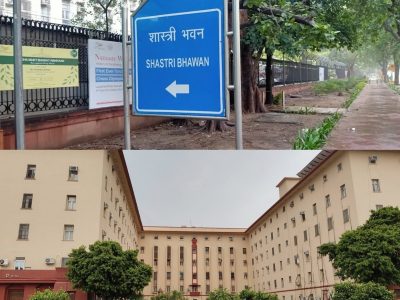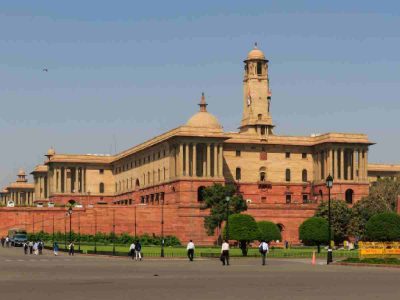The Archeological Survey of India on Wednesday announced that the national flag hoisted on the premises of 150 monuments under its aegis on the 75th anniversary of India’s independence will flutter permanently, except at sites where flagpoles are unlit after dark.
At such sites, where there is no provision to illuminate flagpoles, ‘Tiranga’ will be lowered in the evening and hoisted again in the morning, the ASI said.
ASI is the government agency that is responsible for archaeological research and the conservation and preservation of cultural historical monuments in the country.
According to provisions of the flag code, the tricolour is not hoisted in dark.
“Our national flag was hoisted at 150 ASI sites across the country, from Sher Shah Suri’s Tomb in Bihar to Chittorgarh Fort in Rajasthan, and Tissaru Stupa in Leh to Vellore Fort in south India. And it has been decided that all these flagpoles will remain on site permanently. Thus, the flag will flutter permanently, except at sites where flagpoles are unlit after dark. So, at these sites, the flag will be lowered in the evening and hoisted again in the morning,” it said.
The national flag was hoisted at 150 heritage sites across India on the 76th Independence Day on Monday to mark the ‘Azadi ka Amrit Mahotsav’. Besides, 150 monuments in all parts of the country were illuminated in a tricolour theme, producing a dazzling visual effect.
“Officially, the thematic illumination has ended and regular illumination will be restored. But at sites in some circles of the Archaeological Survey of India (ASI), it may stay a bit longer, depending on the logistics situation,” a senior official told PTI.
There are a total of 3,693 heritage sites in India that are protected by ASI.
Also, as part of the ‘Azadi ka Amrit Mahotsav’, the Union culture ministry had announced free entry for visitors, domestic and foreign, to all ASI-protected monuments and sites across the country from August 5 to 15.
Under the Jodhpur Circle, the tricolour (on a 15-m flagpole) was hoisted at Chittorgarh Fort, Kumbhalgarh Fort, Jaisalmer Fort and Bhatner Fort, the official said.
From Lucknow’s historic Residency, place of key events during the 1857 Sepoy Mutiny, to Mahatma Gandhi’s birthplace in Porbander, the national flag fluttered proudly on the Independence Day. In the Agra Circle, the tricolour was hoisted at Fatehpur Sikri and Agra Fort while in Delhi, it was hoisted at the ruins of Kotla Feroz Shah and Purana Qila.
The tricolour was hoisted at nine sites under the ASI’s Patna Circle.
“These sites are — Kumrahar site which contains the remains of ancient Pataliputra in Patna; ruins of Nalanda, New Fort Wall site in Rajgir, Sher Shah Suri’s Tomb and Rohtasgarh Fort in Rohtas; Vikranshila university ruins in Bhagalpur; Kolhua in Muzaffarpur, Kesaria in East Champaran and Lauria Nandangah in West Champaran,” Patna Circle’s Superintending Archaeologist Goutami Bhattacharya told PTI.
At the Kumrahar site, the flag is lit up, so it will be there permanently, while at Rohtasgarh Fort there is no arrangement for light as such so the flag will be lowered before it gets dark, and then re-hoisted the next morning. This is to ensure compliance with the flag code, she said.
Besides, six ASI sites in Bihar were illuminated as part of the Azadi ka Amrit Mahotsav — Sher Shah Suri’s Tomb in Sassaram, ruins of Nalanda, Maniyar Math, Rajgir, Maner Sharif tomb near Patna, Kolhua and Kesaria sites, Bhattacharya added.
In the run-up to the 75th anniversary of Independence Day, thematic exhibitions were held at the Kumrahar site and the Sher Shah Suri Tomb site. The exhibition was on the historical water bodies of India and covered about 40 water bodies, like ponds, and ‘baolis’.
Patna Circle is one of the oldest circles of the ASI, and the ruins of Nalanda is a UNESCO World Heritage Site.
ASI sites are governed under the Ancient Monuments and Archaeological Sites and Remains (AMSAR) Act 1958, amended in 2010.
ASI officials said installation of flagpoles at these sites has been done “in consonance with the AMSAR Act” and with “due approval of the competent authority”.
For more stories that cover the ongoings of Delhi NCR, follow us on:
Instagram: instagram.com/thepatriot_in/
Twitter: twitter.com/Patriot_Delhi
Facebook: facebook.com/Thepatriotnewsindia





